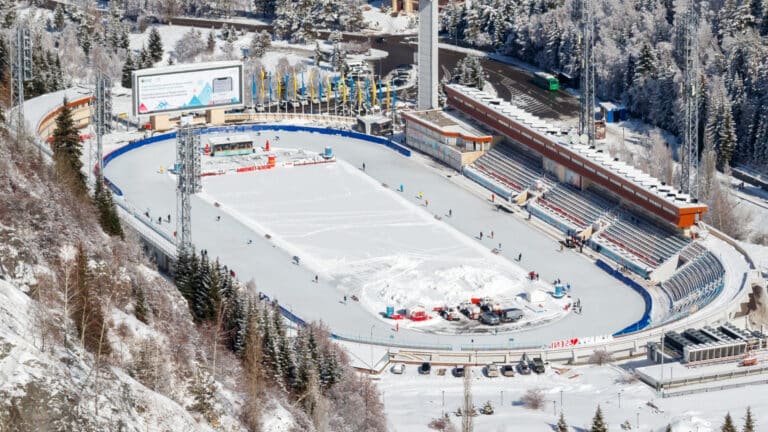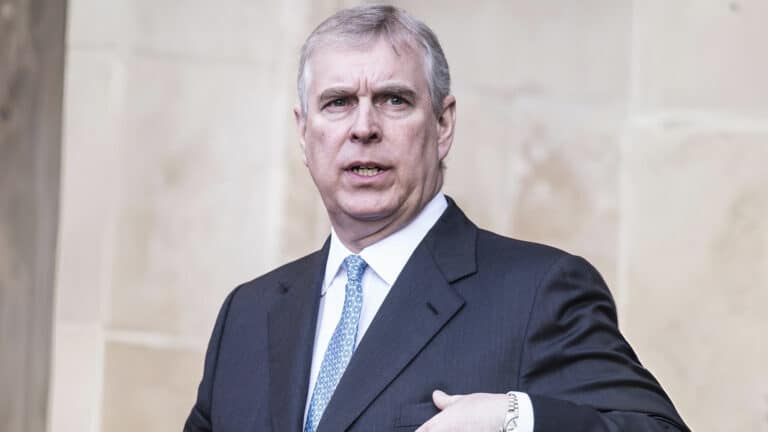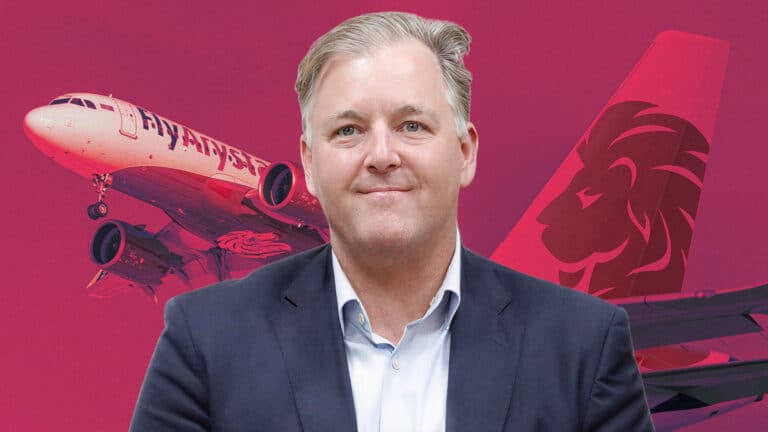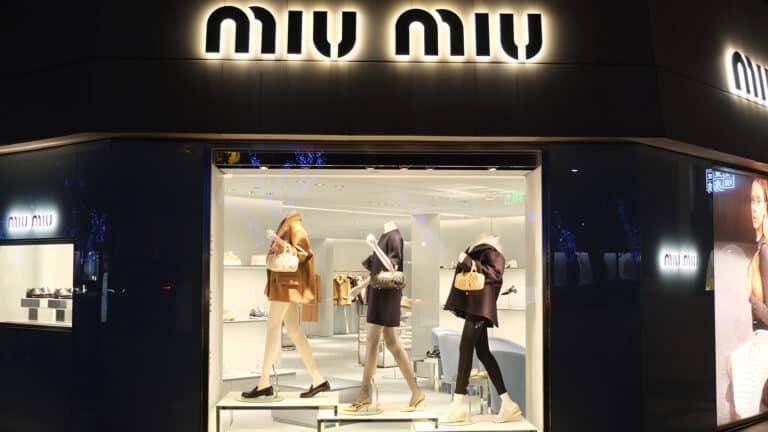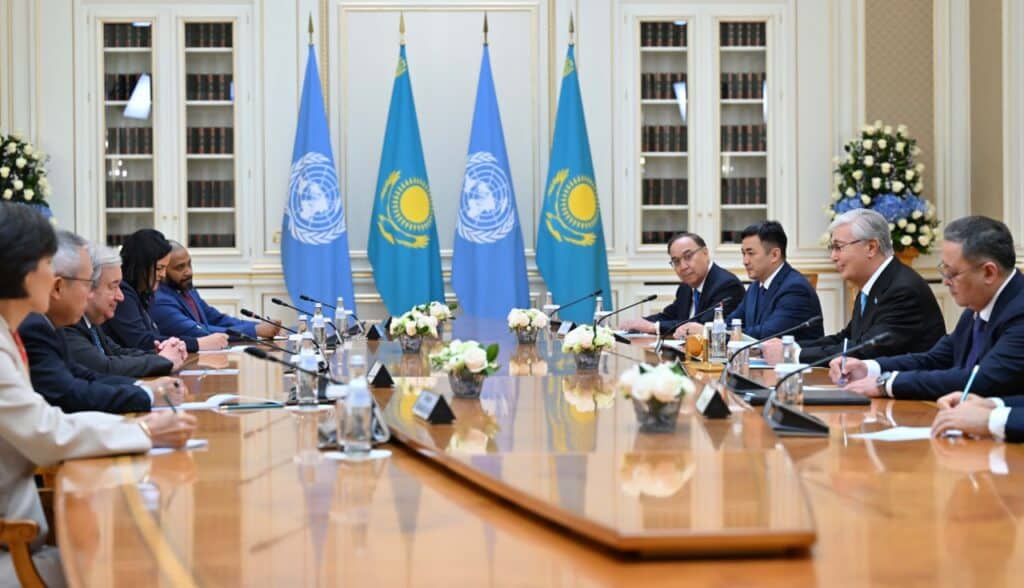
On Aug. 3, 2025, Kazakh President Kassym-Jomart Tokayev met with United Nations Secretary-General António Guterres, who arrived in Almaty on a working visit.
Tokayev thanked Guterres for his visit and emphasized its significance ahead of the upcoming 80th session of the UN General Assembly.
Regional SDG hub
The two leaders took part in a signing ceremony of the host country agreement between the government of Kazakhstan and the United Nations, establishing the UN Regional Centre for Sustainable Development Goals (SDGs) for Central Asia and Afghanistan.
In March, the UN General Assembly unanimously adopted a resolution to establish the regional center for SDGs. The initiative, led by Kazakhstan — the region’s largest economy — was put forward on behalf of the Central Asian states.
The new UN SDG center, to be based in Almaty, marks a significant step toward strengthening regional cooperation and advancing sustainable development across Central Asia. It is expected to play a critical role in fostering regional integration.
Particular focus will be placed on supporting Afghanistan’s economic development. The stability and prosperity of the Afghan people are closely tied to the broader security and well-being of Central Asia. The center will serve as a key platform for coordinating international and regional efforts, sharing best practices, delivering technical assistance and implementing joint projects.
Tokayev expressed gratitude to the Secretary-General and his team for supporting this initiative.
«I also commend your timely and forward-looking ‘UN80 Initiative.’ Kazakhstan fully supports your reform efforts and shares your priorities. In this spirit, I reaffirm Kazakhstan’s unwavering commitment to the UN’s foundational principles of multilateralism, diplomacy and cooperation, which are at the heart of the United Nations,» the president stated.
Guterres thanked his hosts for the warm welcome and said:
«Soon, [the new center] will serve as a hub for regional collaboration … a laboratory for ideas … and a launchpad for action. It will bring together governments, UN country teams, civil society, academia, the private sector, regional organizations, and financial institutions – to develop coordinated, country-led efforts; And tackle some of the most pressing challenges of our time – from climate change and water scarcity to youth unemployment, gender inequality and digital exclusion.»
Call for UN reform
In a recent article for The Hill, published in honor of the UN’s upcoming 80th anniversary, Tokayev has called for comprehensive reform of the United Nations, urging modernization of the multilateral system and greater inclusion of developing countries in global decision-making.
He pointed to longstanding criticisms of the UN, including its limited ability to enforce decisions and frequent deadlocks in the Security Council caused by the veto power of its permanent members. He also emphasized the underrepresentation of countries from Asia, Africa and Latin America in global governance structures.
Kazakhstan has a history of advocating for UN reform. In September 2015, during the general debate of the 70th session of the UN General Assembly, then-President Nursultan Nazarbayev proposed relocating the UN headquarters from New York to Asia. He argued that the world order had shifted significantly since the organization’s founding.
Nazarbayev noted that when the UN was established following the failure of the League of Nations in Geneva, its headquarters was placed in New York to reflect the rising global influence of the Western Hemisphere, particularly the U.S. However, he claimed, the global center of gravity has since shifted.
«In the 21st century, the epicenter of global development is moving to Asia — the world’s largest continent, home to two-thirds of the planet’s population and vast natural resources,» Nazarbayev said at the time. «The rapid rise of developing Asian economies marks a new reality in global affairs. It is essential to seize this historic opportunity to give new momentum to international cooperation.»


